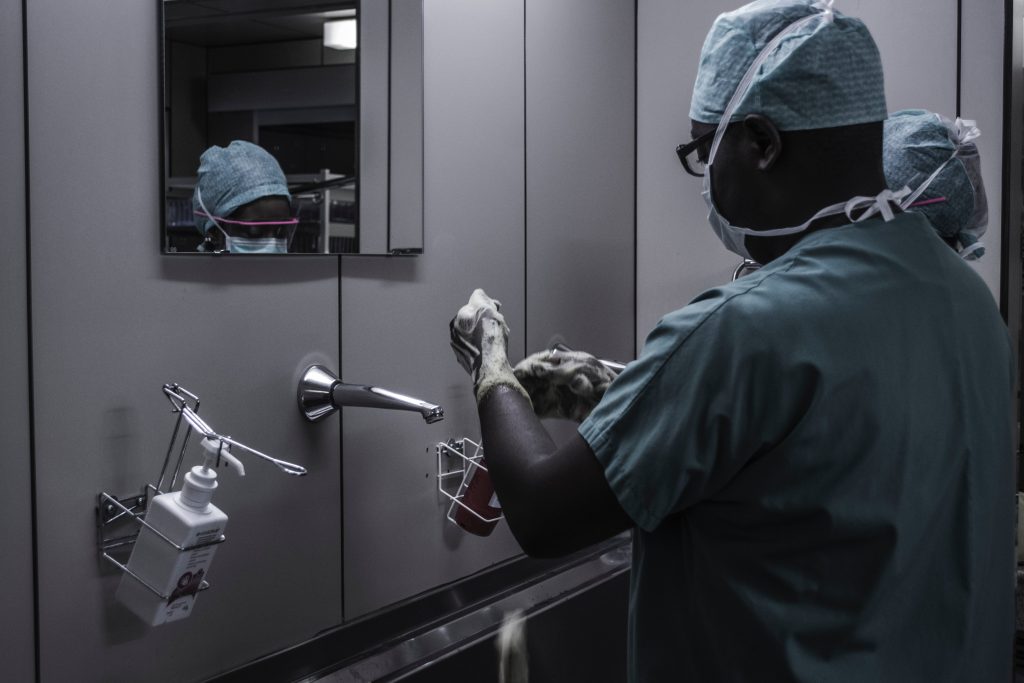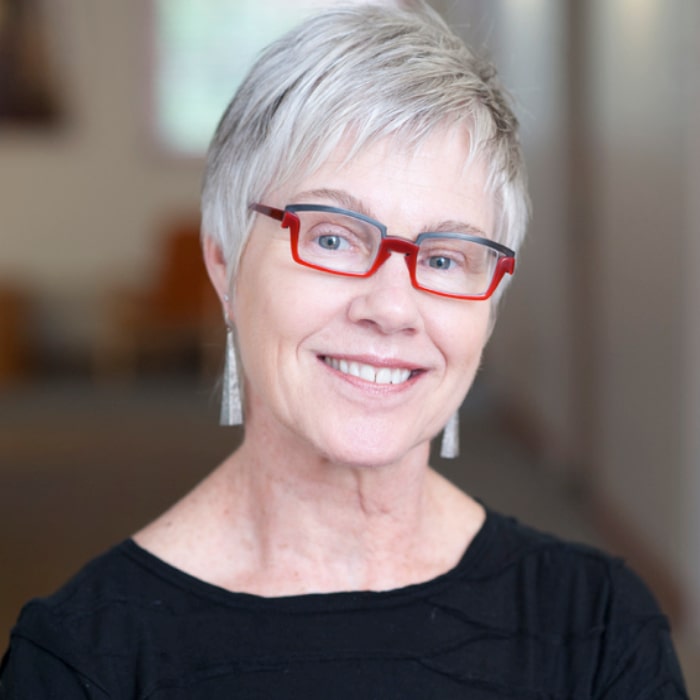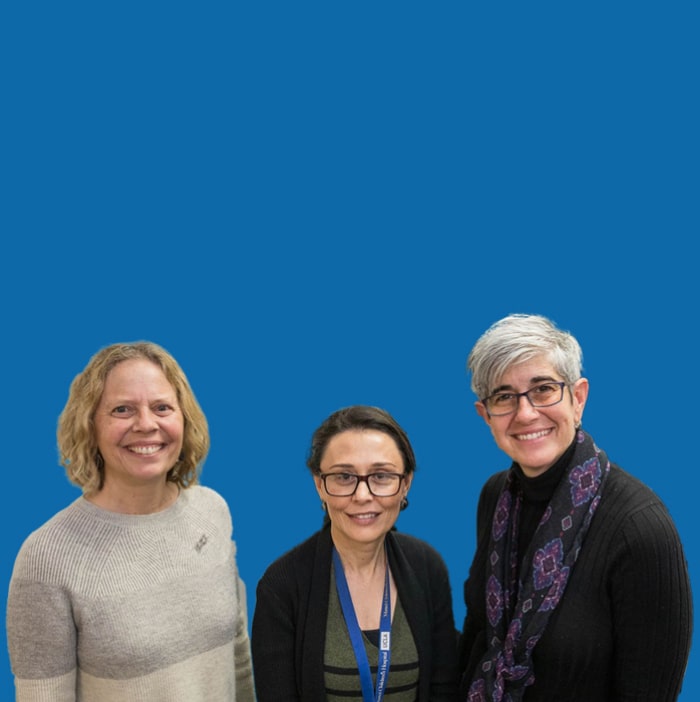Disability and Health Ethics
ABOUT
-Rosemarie Garland-Thomson
The Disability and Health Ethics Lab explores how our health policy and delivery systems differentially view and treat disabled bodies and minds.
Health ethics pushes for ethical, caring, and responsible approaches to health practice, policy, and science. Critical disability studies ask deeper cultural and philosophical questions about how society constructs disability, health, “normalcy,” and deviance. The Disability and Health Ethics Lab brings these two fields together, creating opportunities for faculty, students, and community members to grapple with what it means to heal, cure, care, innovate, prevent, rehabilitate, improve quality of life, and do no harm in health practice, research, and policy.
Through courses, panels, invited speakers, and other activities, the Lab centers on the expertise and lived experience of people with disabilities to focus on questions such as: Who has access to health services? Whose bodies and minds are prioritized within health systems and medical research? What are the public health implications of ableism, racism, sexism? What are the dominant narratives about health, rehabilitation, and cure in media and literature?
We invite you to connect with us to share what you are working on and explore opportunities for partnership!

The Future of Humanity: The Bioethics of Health and Disability

In 2018, UCLA offered the course, The Future of Humanity: The Bioethics of Health and Disability, led by Professor Rosemarie Garland-Thomson, where students from a range of disciplines considered profound and complex questions about what it means to be human and how we live together. Learn more about Rosemarie’s path to becoming a bioethicist.
New graduate program in Genetic Counseling

In 2019, UCLA announced the launch of a new graduate program in Genetic Counseling, led by Professor Christina Palmer.
THE PROGRAM
momentum around this topic.
While the Lab formally began in 2020, momentum around this topic has been growing on-campus for several years. In 2018, UCLA offered the course, The Future of Humanity: The Bioethics of Health and Disability, led by Rosemarie Garland-Thomson, Professor of English at Emory University and one of the Inclusion Labs’ Community Consultants. The course invited students from a range of disciplines to consider profound and complex questions about what it means to be human and how we live together. In 2019, UCLA announced the launch of a new graduate program in Genetic Counseling, led by Christina Palmer, Professor of Human Genetics and Psychiatric, a member of the UCLA Disability Studies Faculty Advisory Committee.
In May 2020, the Lab organized Pandemic Parallels, a virtual panel of activists and scholars from medicine, bioethics, and genetic counseling, to discuss how the COVID-19 pandemic was impacting disabled communities and revealing deeper questions about how society’s understanding of ability and humanity informs whose lives are valued in health policy and healthcare systems.